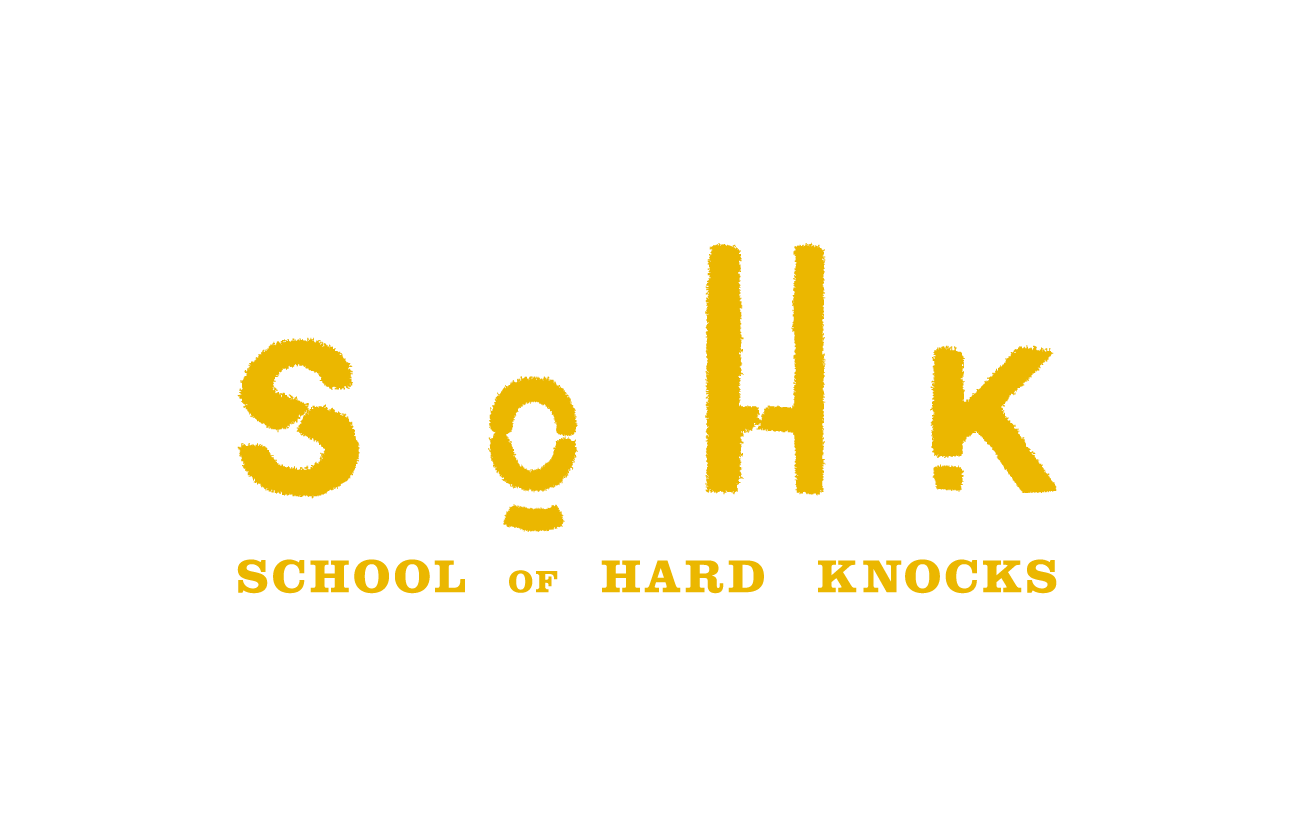I’ve played sports all my life and despite being mediocre at most, I’ve adored every minute of it- from cricket on the pacific coast of the US to football in the remote Kafue National Park in Zambia. Sport opened doors to new cultures, allowed a space to be physically creative, to become close to my peers and to unwind and care for myself. At times of great personal grief I, and my teammates, have found desperately needed solace and comfort in dressing room camaraderie.
These are the best days in sport and is why I started School of Hard Knocks South Africa (SOHK), a charity that uses rugby to provide access to mentoring and one on one counselling for the hardest to reach young people in Cape Town. I wanted others to share the experience I was so lucky to have and get healthier in the process.
However, since emigrating to South Africa in 2014, I have been confronted with an uncomfortable truth. I’ve consistently met people traumatised by sport. Where the very mention of its name may elicit a visceral reaction. If this isn't you, it is likely that you know someone who has endured the indignity of school sanctioned hero-worshipping of teenage (mostly male) sports stars, or who has felt ostracised or excluded by the ‘locker room’ talk and ‘macho’ driven world of the male dressing room, or witnessed or experienced senseless violence on (or indeed off) the field of play.
I don’t wish to condemn all sports but it’s important to realise that while sport can play a positive role in overcoming adversity and demonstrating personal growth, it is also a central stage where problematic notions of masculinity (hyper-competitive, hetero, winner-takes-all mentality) can be learned and rehearsed. This is particularly true in all-boy environments and none more so than in South Africa’s elite schools.
Sport may seem trivial, but the installation and perpetuation of dominant forms of masculinity comes at great cost - by normalising hyper-masculine male behaviours such as dominance and aggression in our sporting lives, we perpetuate and justify the cultural support system of patriarchy, that places men above women and some men above other men (men of colour, gay men, etc). Patriarchy serves as one of the underlying issues driving violence against women (violence against anyone) in this country, which is itself at a pandemic level.
Further, the unhealthy pursuit of muscle mass to attain the idealised aesthetically ‘athletic’ body (and the devaluing of anything other) puts young men at risk of heart disease and longer term emotional damage. In associating happiness and success with outright victory rather than sharing or cooperation we instil an aggressive, competitive, us-against-the-world attitude on the pitch that easily spills over into environments off the pitch, making stadiums, clubhouses and changing rooms violent or exclusionary spaces. When my beloved Ireland beat the Springboks at Newlands for the first time on South African soil in 2016, my host hurried me out of the Railway stand, fearful for my personal safety. On my next visit the scattering of Stormers fans were booing the opposition kicker. One only needs to look at dwindling attendances at the provincial levels of South African rugby to see how these types of experiences reflect at the turnstiles.
We at SOHK believe that challenging patriarchal structures through making sport more inclusive is therefore vital if we want to reduce trauma in sport and make an impact on gender based violence.
We’ve already made a fantastic start - every week of the (normal) school year we provide 200 girls and boys with a safe space during and after school, access to mental health professionals and provision of a values-led approach that uses trained coaches to teach personal and social responsibility through touch rugby. Our players have demonstrated improved well-being and are attending school more - not a single SOHK learner dropped out of school at Harold Cressy High in 2019. More so, we have normalised boys being coached by women with many having expressed open admiration for girls’ athleticism for the first time.
We therefore recommend the following actions for any sports programmes who wish to reduce toxic behaviours:
increase opportunities for co-ed sports sessions;
introduce women coaches for boys;
introduce gender consciousness training for all coaches;
create emotionally safe spaces for all players to express themselves on and off the field; and
equip players with tools to understand and react to emotions that prevent young people from ‘snapping’ or triggering their fight / flight response.
encourage participation and cooperation and not winning, reward caring;
encourage healthy body image through positive reinforcement and an emphasis on health, and a broad range of strengths and abilities above aesthetic “athleticism” ;
Lastly, while we at SOHK recognise that exceptional women all around the world (Olympic athletes, prime ministers, CEOs) do not expect public applause for additionally performing the everyday tasks often expected of them as women, we still want to commend Rachel and Siya Kolisi for their efforts to replace outdated gender norms with more positive and progressive beliefs about women and gender relations. Watching the Springbok captain rapidly preparing a lasagne for his family may elicit a laugh, but it’s this work that may be his greatest legacy yet to South Africa.










